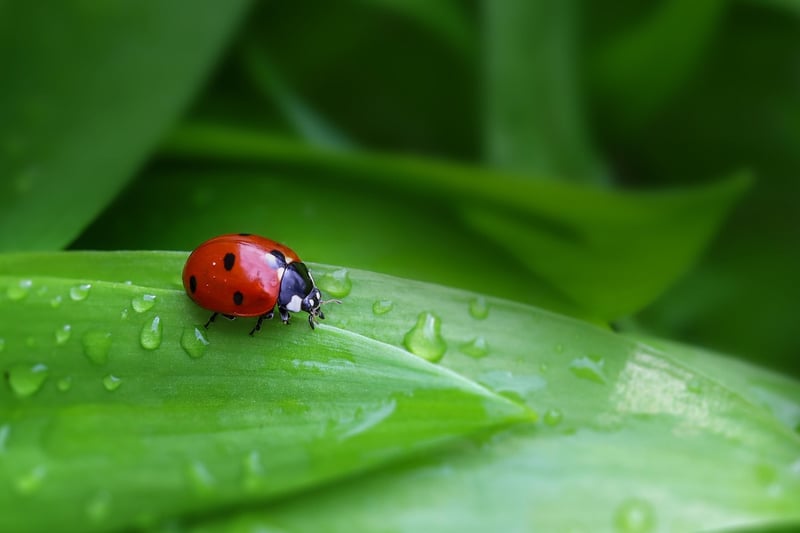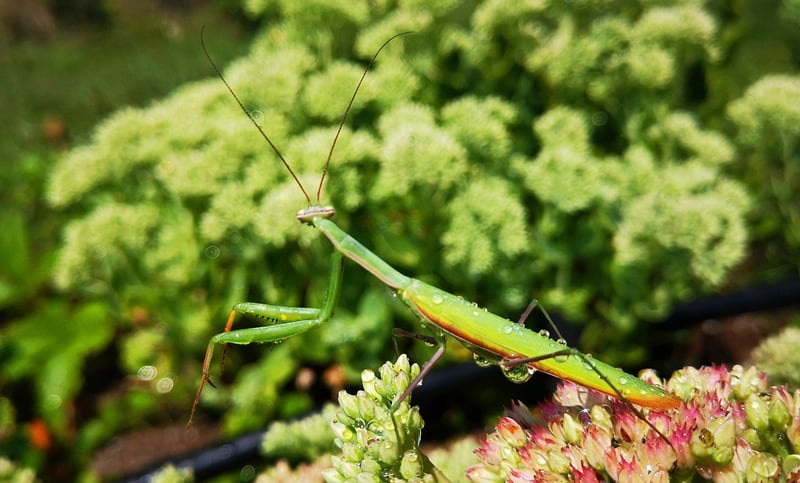Beneficial Insects
Managing Garden Pests: How to Deal with Unwanted Visitors
Having a thriving garden is a joy, but dealing with pests can be a real challenge for any gardener. However, not all insects in your garden are harmful. Some are actually beneficial and can help control pest populations naturally. Let's explore how to manage garden pests effectively and attract beneficial insects to create a balanced ecosystem in your garden.
Identifying Common Garden Pests
Before taking any action, it's essential to identify the pests causing damage to your plants. Common garden pests include aphids, caterpillars, slugs, snails, and spider mites. Each pest may require a different approach for control.
Methods to Control Garden Pests
- Handpicking: For larger pests like caterpillars or beetles, physically removing them from your plants can be effective.
- Neem Oil: A natural insecticide that can help control a wide range of garden pests.
- Beneficial Nematodes: These microscopic organisms can target pests like grubs and caterpillars in the soil.
- Companion Planting: Some plants repel specific pests or attract beneficial insects. For example, planting marigolds can deter nematodes.
Attracting Beneficial Insects
Beneficial insects are nature's pest control agents. By attracting them to your garden, you can reduce the need for chemical pesticides.
Common Beneficial Insects
- Ladybugs: They feed on aphids, mealybugs, and other soft-bodied insects.
- Praying Mantises: These predators devour a wide range of garden pests.
- Lacewings: Their larvae are voracious predators of aphids and caterpillars.
- Ground Beetles: They consume weed seeds, snails, slugs, and caterpillars.
Ways to Attract Beneficial Insects
- Plant a Variety of Flowers: Flowers like dill, fennel, and yarrow attract beneficial insects with their pollen and nectar.
- Provide Shelter: Keep some areas of your garden undisturbed to offer hiding spots for beneficial insects.
- Reduce Pesticide Use: Chemical pesticides can harm beneficial insects, so use them sparingly.
By implementing these strategies, you can create a healthy and balanced ecosystem in your garden, where beneficial insects keep pest populations in check naturally. Remember, a diverse and thriving garden is not just about plants but also about the insects that call it home.


